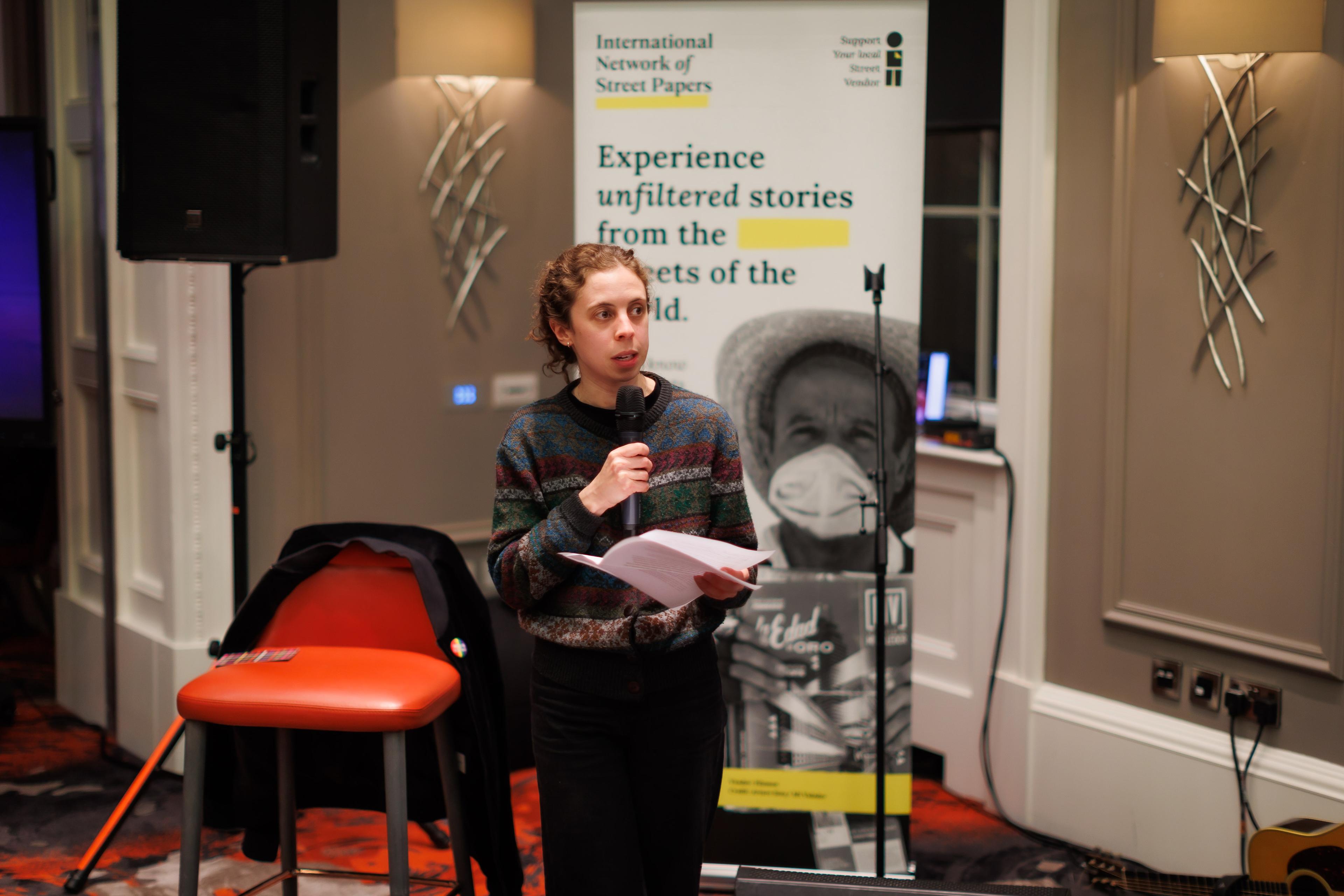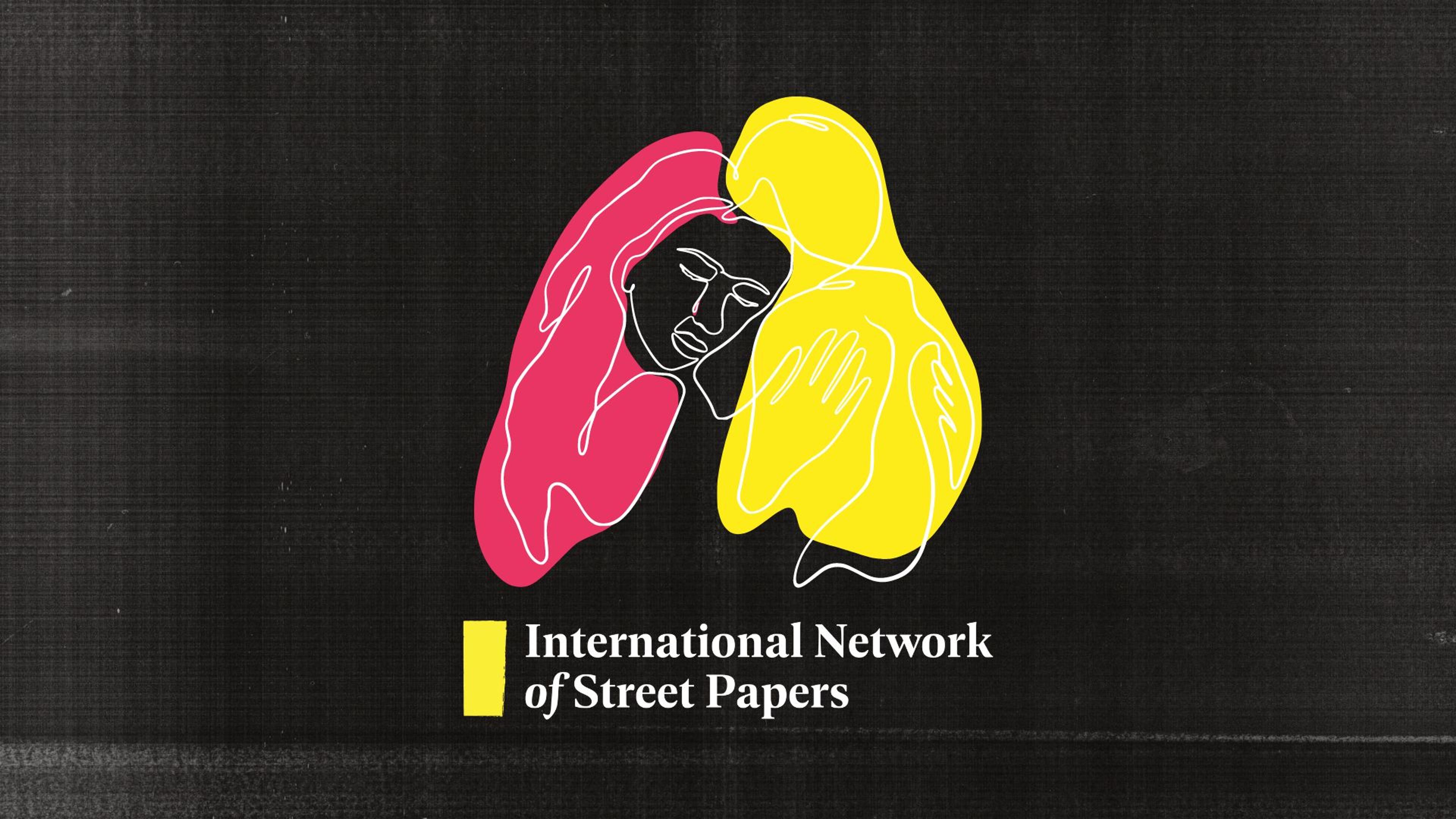Romy St John: Changing the narrative in literature

Jack Donaghy
INSP
- News
Romy St John manages the Glasgow branch of the Arkbound Foundation, a charity dedicated to amplifying marginalised voices through literature and journalism. The Arkbound Foundation mentors aspiring authors and writers from marginalised backgrounds to produce books that dispel negative stereotypes
What is publishing’s role in changing the narrative on homelessness and poverty?
Often, people with experiences of homelessness find it difficult to, first of all, find the time for writing, but second of all, access opportunities. Often, publishing houses seem scary, and that puts people off, or they are just very difficult to approach, or maybe from a different social level, which is quite hard to access for people who have had these kinds of experiences.
The message that Arkbound tries to spread is that we’re approachable, and we do want to hear stories from people with these experiences. I think a really good example of that is The Muffin Man, which we recently published, by Andre Rostant, a Big Issue vendor in London. It’s actually turning out to be a really popular book, and we’re getting quite a lot of events organised around it in London. There’s a lot of call for books like this.
We also run other projects, like our Writing Within Walls Mentoring Programme with prisoners and people with experience of incarceration. I think that there can be a bit of overlap between people who have experience of prison and [people who have experience of] homelessness. Offering projects like this, which are free to access, help to build confidence in people to tell their stories, because often they have really valuable stories to tell.
What more can the publishing industry do to improve inclusion and change narratives?
It’s about having an openness to what stories are being told and promoted, and also how stories are being told, protecting the integrity of those stories and how they’re framed – making sure they really come from the people who have experienced the issues they’re about. It’s a matter of staying true to the stories of people who are telling them.
Another factor in that is how stories are marketed – trying to avoid any slide into poverty porn. There is work to be done, but I think there’s still hope, and organisations like Arkbound and other small publishers are an important part of that. I hope that our approach becomes more widespread.
What connections do you see between your work and that of INSP and street papers?
There are absolutely connections between our work and INSP’s, and also that of the other groups that INSP have pulled into this event. A lot of people I’ve spoken to here work with people who experience disadvantage, like homelessness or prison, and I think there is overlap in terms of the people we want to help. Widening the pool of voices that are being heard is at the core of what we do, and INSP and the street papers under its umbrella also really push to do that.
To learn more, visit https://www.arkfound.org/


